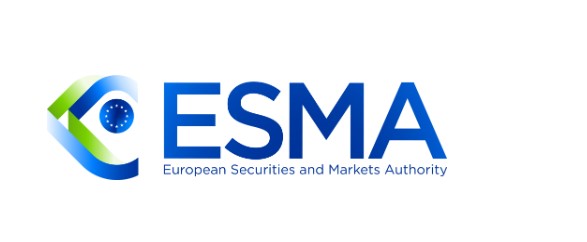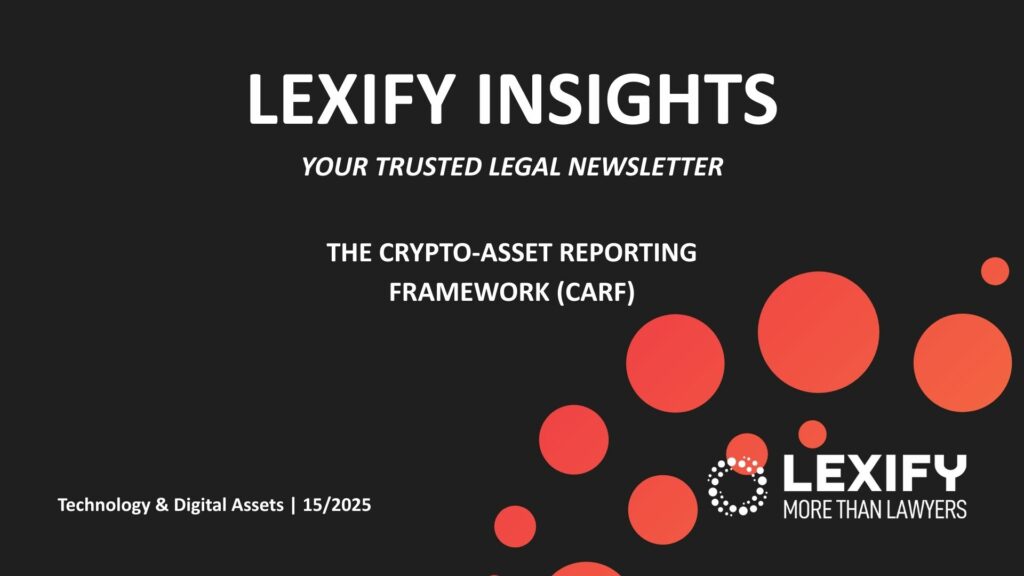
ESMA’s Opinion and MCIs
The European Securities and Markets Authority (“ESMA“) recently issued an opinion (hereinafter the “Opinion”) to support the application of the Regulation (EU) 2023/1114 (“MiCA Regulation”). The Opinion addresses the regulatory and supervisory challenges posed by Multifunction Crypto-asset Intermediaries (“MCIs“) and aims to ensure effective and harmonized implementation of MiCA Regulation across the European Union(“EU”).
MCIs are defined by the FSB as “individual firms, or groups of affiliated firms – such as FTX (prior to its failure) – that combine a broad range of crypto-asset services, products, and functions typically centred around the operation of a trading platform”[1]. Furthermore, ESMA highlights the significant role of trading platforms, especially MCIs, which offer a wide range of services and functions centered around trading platforms. It has been pointed out that the collapse of FTX has underscored the potential impact of MCIs on the crypto-asset market, making it imperative to ensure their operations align with MiCA Regulation’s requirements.
In particular, ESMA argues that the nature of the services offered by MCIs is a crucial characteristic. In fact, enhanced intermediation of services allows MCIs to access EU clients without relocating their operations in the European Union. In such scenarios, MCIs might employ the brokerage model to exploit regulatory gaps, creating an uneven playing field between third-country trading platforms seeking access to EU clients and those trading platforms that are regulated under MiCA within the EU.
In other words, this Opinion focuses on the risks of regulatory and supervisory arbitrage arising from certain business structures in which MCIs aim to obtain authorization under MiCA Regulation solely for brokerage services (e.g. receiving and transmitting orders, executing orders for crypto-assets on behalf of clients, and exchanging crypto-assets for funds or other crypto-assets) while planning to conduct a significant portion of the group’s activities, particularly operating a crypto-asset trading platform, outside the scope of MiCA Regulation.
Authorization and Reverse Solicitation exemption
ESMA emphasizes that third-country firms may not provide crypto-asset services in the EU without proper authorization under MiCA (Article 59). However, an exemption exists for cases where a client in the EU initiates a service on their own exclusive initiative (Article 61). ESMA stresses the fact that Reverse solicitation exemption should be narrowly construed and not exploited to circumvent MiCA Regulation.
According to the Opinion, ESMA stressed that application for CASP’s authorization must not be intended as a ‘legal cover’ in the Union for third-country firms which seek to solicit clients or prospective clients in the Union through a MiCA-authorised entity (typically belonging to the same group), whilst still providing services from outside the Union.
Specifically, National Competent Authorities (“NCAs”) shall verify that entities would not circumvent MiCA Regulation by using brokerage activities and de facto soliciting European clients on behalf of a third country “venue”. It is crucial here specify that ESMA intends to apply the Opinion’s principles not only to multilateral trading platform outside the EU but also to non-EU entity that internalizes order flow, executing orders coming from EU clients on own account. This means that also the provision of liquidity by non-EU entity is captured under the Opinion[2].
Although a case-by-case assessment is necessary, ESMA provided indicators[3] of unlawful solicitation of EU clients and subsequent provision of services within the Union by a non-EU entity, specifically:
- the EU-authorised broker systematically routes orders received to the group’s execution venue (be it a trading platform or another broker) located outside of the Union;
- the EU-authorised broker has not analysed the availability of other suitable unaffiliated execution venues or is unable to provide a sound and substantiated justification for not including other unaffiliated execution venues in its execution policy;
- when promoting or advertising its services, the EU-authorised broker relies on the reputation and brand of the non-EU exchange to attract business from EU clients, making it, for instance, difficult to distinguish its services from those of the group’s execution venue;
- the EU-authorised broker has no or very limited sources of revenues (e.g. fees or commissions, spreads) for its brokerage activities with EU clients or has revenue flows that significantly diverge from what would be expected where an independent broker and independent execution venue interact.
Conflicts of interest, Best Interest, Custody and administration
Combining EU brokerage activities with execution venues in the same group, especially when these venues are located in non-EU third countries with less stringent regulations than MiCA, poses significant risks. According to ESMA, this combination creates incentives to route orders to in-house trading platforms, raising financial, operational, and logistical concerns. The Opinion provides the following principles:
- For MCIs conducting brokerage activities in the EU, NCAs should ensure that group interests do not influence the execution of EU client orders;
- Decisions to execute orders on a group’s platform, particularly if located outside the EU, should be seen as a strong indication of improperly managed structural conflicts of interest. Simply having the technical capability to execute orders on other platforms without actual operational implementation also signals inadequate conflict management;
- If brokerage is provided, it should been considered the level of consumer protection offered by non-EU trading platforms used for executing client orders; and
- If the execution of clients’ orders implies the holding of clients’ assets, Article 75(9) of MiCA Regulation applies. Therefore, if a crypto-asset service provider outsources custody and administration the outsourcer must also be authorized under MiCA. In other words, non-EU entities not authorized under MICA Regulation cannot take custody or administration of EU clients’ crypto-assets.
Conclusion
In conclusion, ESMA has issued this Opinion to guide the application of the MiCA Regulation focusing on the MCIs operators. Key points covered include:
- Regulatory and Supervisory Arbitrage: ESMA highlights the risk of MCIs seeking authorization under MiCA Regulation for limited brokerage services while conducting significant activities outside the EU to avoid stricter provisions.
- Reverse Solicitation: MiCA’s approach to reverse solicitation is notably stricter than MiFID II. ESMA emphasizes that this exemption should be narrowly construed to prevent circumvention of the MiCA Regulation framework.
- Conflicts of Interest and Best Execution: ESMA stresses the importance of preventing conflicts of interest within MCIs, particularly those combining EU brokerage activities with non-EU execution venues. EU brokers must ensure the best execution of orders and assess the execution quality regularly.
- Custody and Administration of Assets: ESMA mandates that entities involved in the custody and administration of crypto-assets must be authorized under MiCA, ensuring EU client assets are protected.
- General Principles for NCAs: The opinion provides criteria for NCAs to assess the business models and activities of MCIs, ensuring these entities do not exploit regulatory gaps to solicit EU clients improperly.
Lexify supports third-country and European companies advising them with respect to crypto laws and regulation matters. Our expertise enables us to offer tailored legal advice that ensures a legal structure compliant with MiCA Regulation and more generally the European Law.
[1] Financial Stability Board, 28 November 2023, available here: https://www.fsb.org/2023/11/fsb-assesses-risks-of-multi-function-crypto-asset-intermediaries/
[2] ESMA, Opinion to support the convergent application of MiCA, 31 July 2024, point 20, note 9.
[3] ESMA, Opinion to support the convergent application of MiCA, 31 July 2024, point 23


